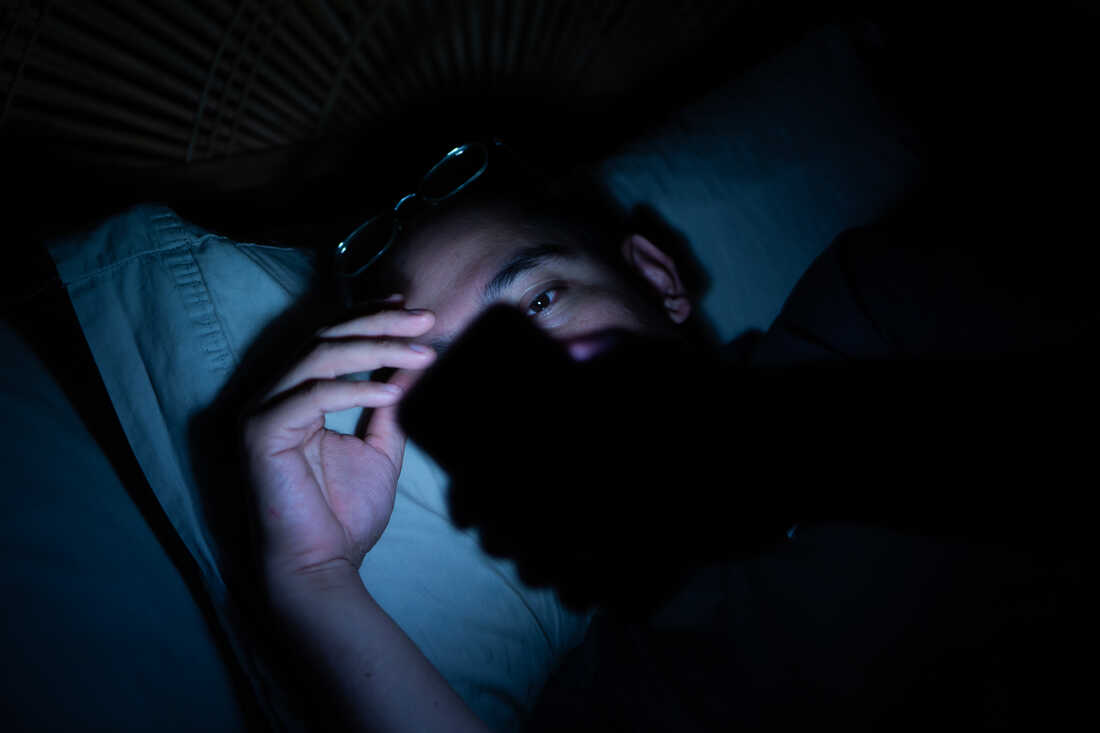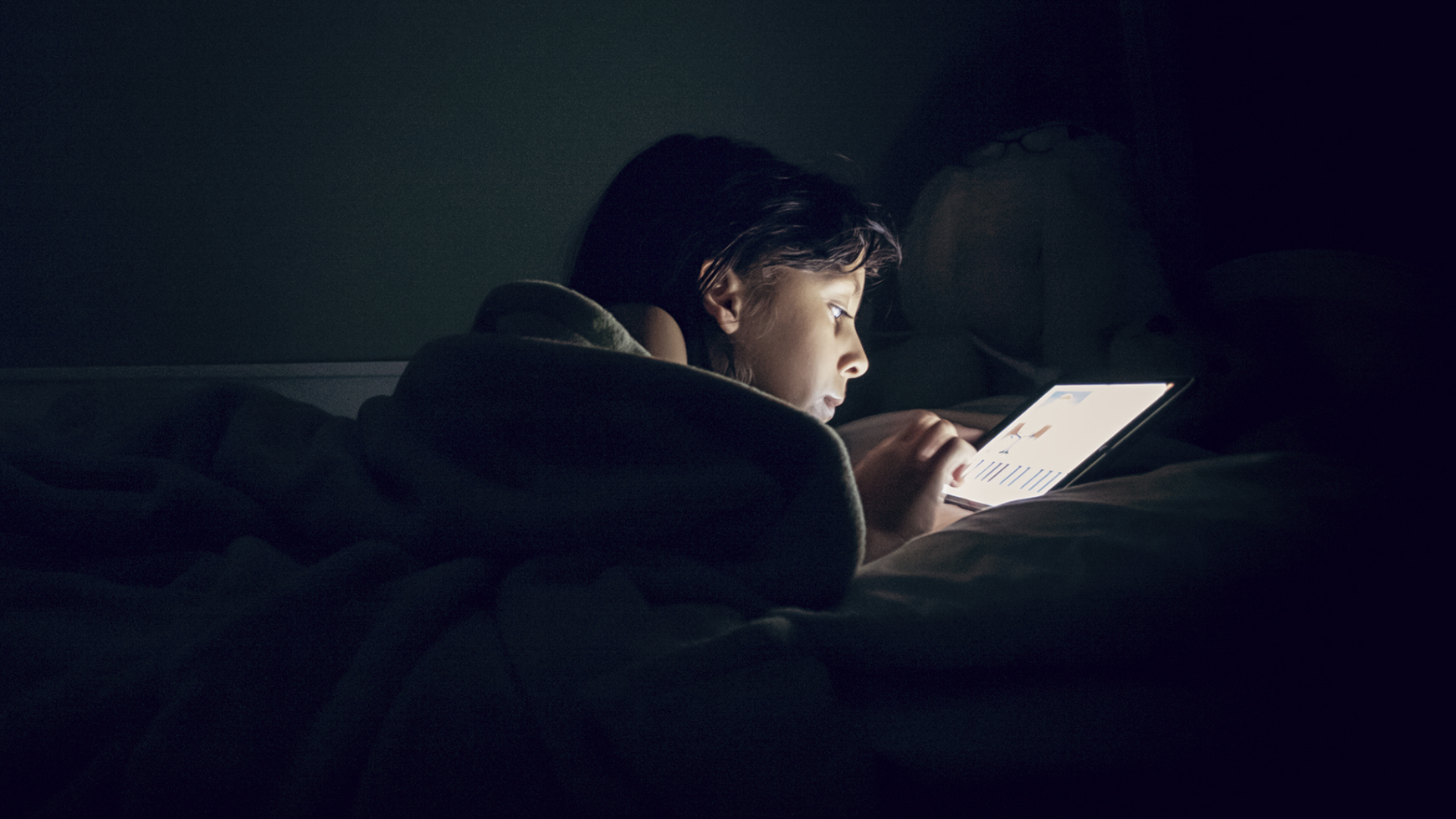Sleep deprivation struggles with bedtime procrastination has become an all-too-common challenge, adversely impacting sleep patterns and overall well-being.

Sleep Deprivation Struggles: Experts Share Tips to Combat ‘Digital Distractions’ Keeping Most Americans Awake (Photo: NPR)
Digital Deluge: Unmasking the Impact on Sleep
In a recent report featured by the US News, in December 09, 2023, Dr. Alexandre Abreu, a sleep medicine physician and spokesperson for the American Academy of Sleep Medicine (AASM), highlights the pervasive issue of sleep deprivation struggles by individuals staying up later than intended due to enticing digital diversions such as binge-watching and online shopping. The consequences of insufficient sleep, amounting to less than the recommended seven hours a night, can significantly affect health and leads to sleep deprivation struggles. As per a recent AASM survey, 91% admitted losing sleep to TV show marathons, and 75% succumbed to the allure of late-night online browsing and shopping.
As the digital landscape continues to evolve, finding ways to disconnect from devices at night has become paramount for a restful sleep experience. The AASM emphasizes the importance of turning off all electronics at least 30 minutes to an hour before bedtime to reduce sleep deprivation struggles.
Moreover, the sleep deprivation struggles extends to smartphones, prompting the suggestion to leave phones in a different room at night, especially if their use poses a temptation to engage in distracting activities while in bed. Balancing the need for technology with healthy sleep practices requires individuals to follow a relaxing nighttime routine, incorporating activities like a warm bath, reading, or journaling before bedtime.
READ ALSO: Congressman Proposes ‘Alexandra’s Law’ To Charge Fentanyl Drug Dealers With Murder
Strategies for Sound Sleep: Overcoming Digital Distractions
According to the data released by Healthday, combatting sleep deprivation struggles during bedtime procrastination requires intentional efforts to establish a sleep schedule and adhere to it consistently. Going to bed and waking up at the same time each day can significantly contribute to a more regulated and fulfilling sleep pattern. For those who can’t part with their phones at night, managing push notifications and sounds becomes crucial.
Disabling distracting alerts ensures a more peaceful sleep environment, allowing individuals to reclaim control over their bedtime routines. As sleep deprivation struggles persist in the digital age, implementing these strategies can pave the way for healthier sleep habits and improved overall well-being.
READ ALSO: Defense Bill Approves Transfer Of Submarines To Australia In AUKUS Agreement
























